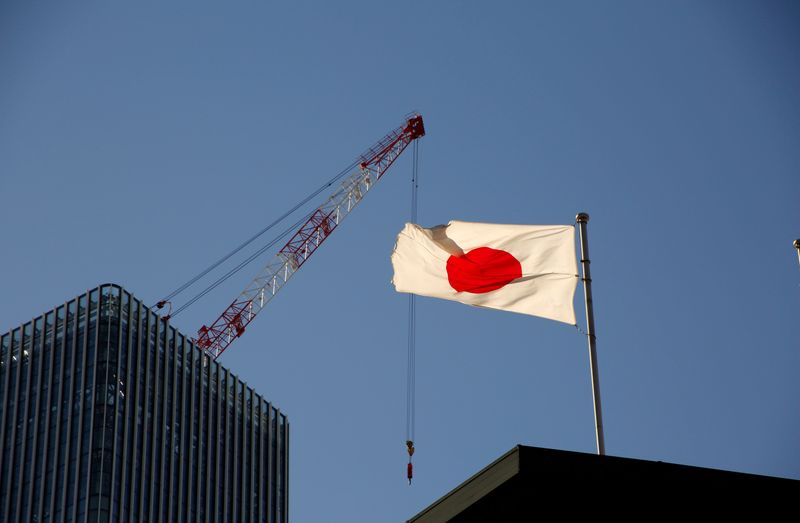TOKYO (Reuters) - Japan's factory activity contracted for a 15th straight month in July, indicating the economic pain from the coronavirus crisis extended into the third quarter of the year as hopes for a quick global recovery fade.
The au Jibun Bank Flash Japan Manufacturing Purchasing Managers' Index (PMI) rose to a seasonally adjusted 42.6 from a final 40.1 in June, as broader conditions remained fragile though the pace of decline was the slowest in four months.
"The Japanese economy continued to struggle at the start of the third quarter," said Joe Hayes, economist at IHS Markit, which compiles the survey.
"While the easing of emergency measures provided some relief, especially to the domestic sector, Japan's growth continued to be adversely affected by subdued global trade flows and restrictions on travel."
The PMI survey showed that the manufacturing index stayed below the 50.0 threshold that separates contraction from expansion for a 15th month, with overall output, new orders and employment all in decline again.
Japan's economy is forecast to shrink 5.3% this fiscal year, the largest contraction since comparable data became available in 1994, followed by a 3.3% bounce next year, a Reuters poll of over 30 economists showed.
Exports in June plunged at a double-digit pace for the fourth straight month, data showed on Monday, backing signs that a slump in global demand for durable goods since March due to the pandemic has thrown the economy into a deep recession.
The PMI survey also showed weakness in service-sector activity, which saw outstanding business, business expectations and employment conditions contract.
The au Jibun Bank Flash Services PMI index remained largely flat at 45.2 on a seasonally adjusted basis compared to June's final of 45.0.
The au Jibun Bank Flash Japan Composite PMI, which includes both manufacturing and services, stood at a five-month high of 43.9 in July, up from June's final of 40.8.
